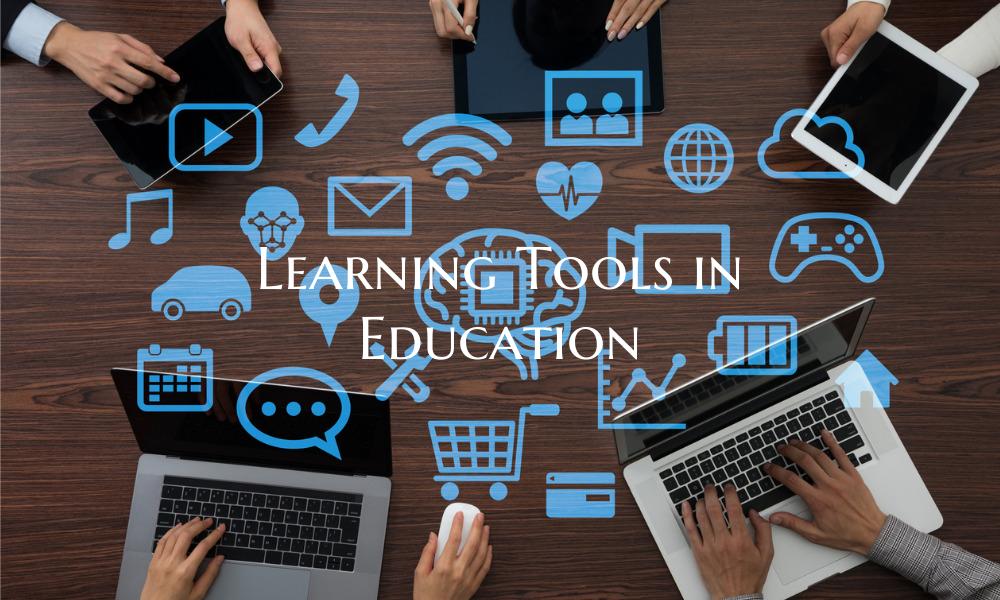Learning Tools in Education
In the dynamic landscape of education, the integration of innovative learning tools has revolutionized the way students engage with content and acquire knowledge. These tools encompass a diverse array of technologies and resources designed to enhance learning experiences and cater to the diverse needs of students in the modern digital era.
One of the key benefits of incorporating learning tools in education is the promotion of interactive and engaging learning environments. Interactive whiteboards, educational apps, virtual reality simulations, and online collaboration platforms are just a few examples of such tools that enable educators to create interactive lessons that actively involve students in the learning process. For instance, virtual reality experiences can transport students to historical events or scientific phenomena, providing them with immersive learning experiences that deepen their understanding and retention of knowledge.
Moreover, learning tools offer personalized learning opportunities by catering to individual student needs and learning styles. Adaptive learning software and personalized learning platforms use algorithms to analyze student performance data and provide tailored content and activities to address areas where students may need additional support or challenge. By adapting to each student's pace and level of understanding, these tools help educators differentiate instruction and ensure that every student has the opportunity to reach their full potential.
Another significant advantage of learning tools in education is their ability to foster collaboration and communication among students and educators. Online collaborative tools, video conferencing platforms, and social learning networks facilitate communication and teamwork, enabling students to collaborate on projects, share ideas, and engage in discussions beyond the confines of the traditional classroom. These tools not only enhance students' social and communication skills but also prepare them for future academic and professional endeavors where collaboration and digital literacy are essential.
Furthermore, learning tools empower educators with valuable resources and data to inform their teaching practices and support student learning outcomes. Learning management systems (LMS), digital assessment tools, and data analytics platforms provide educators with real-time insights into student progress, allowing them to track performance trends, evaluate the effectiveness of instructional strategies, and make data-informed decisions to optimize learning outcomes. By leveraging these tools, educators can implement evidence-based practices that enhance teaching and learning processes, ultimately leading to improved student achievement and success.
In conclusion, the integration of learning tools in education has the potential to transform traditional teaching and learning paradigms, enriching educational experiences, and empowering students to become lifelong learners in the digital age. By embracing innovative learning technologies and resources, educators can create dynamic and inclusive learning environments that nurture curiosity, collaboration, and critical thinking skills, preparing students for success in the 21st century and beyond.

